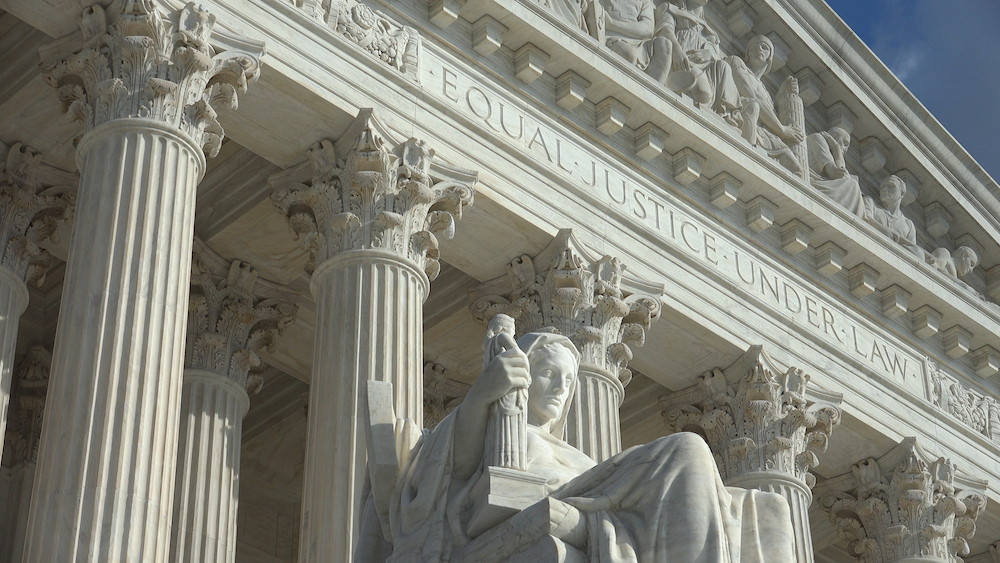President Barack Obama is coming back to Iowa this Tuesday with stops scheduled in Fort Madison, Mount Pleasant and Ottumwa. More details on those and other events coming up during the next two weeks can be found after the jump.
The Republican Party of Iowa is organizing a “Stand Up 4 Freedom Rally” on Monday at 5:00 in Ottumwa’s Central Park.
Congratulations to everyone elected to the Iowa Democratic Party’s State Central Committee at the district conventions this weekend.
First district: Jean Pardee, Sue Frembgen, Michael Blackwell, Jerry Lynch, Bruce Clark and Jane Lawrence
Second district: Ebony Luensman, Judy Stevens, Melinda Jones, Norm Sterzenbach, Kory May and Al Bohanan
Third distict: Dori Rammelsberg-Dvorak, Mary Campos, Linda Olson, John McCormly, Bill Brauch and Glen Rammelsberg
Fourth district: Susan Seedorff-Keninger, Karen Pratte, Lois Jirgens, Chris Petersen, Tom Harrington and Don Ruby
Fifth district: Monica McCarthy, Penny Rosjford, Marcia Fulton, Tim Bottaro, Dennis Ryan and Dick Sokolowski
Consider this an open thread for discussing anything on your mind this weekend.
A British historian of Russia got caught hiding behind a pseudonym on Amazon in order to post nasty reviews of rival historians’ work while praising his own. One of the historians he trashed responded here. Fortunately, Bleeding Heartland has had few problems with sock-puppetry. Thanks to everyone who respects this community’s rules of engagement.
Continue Reading...

